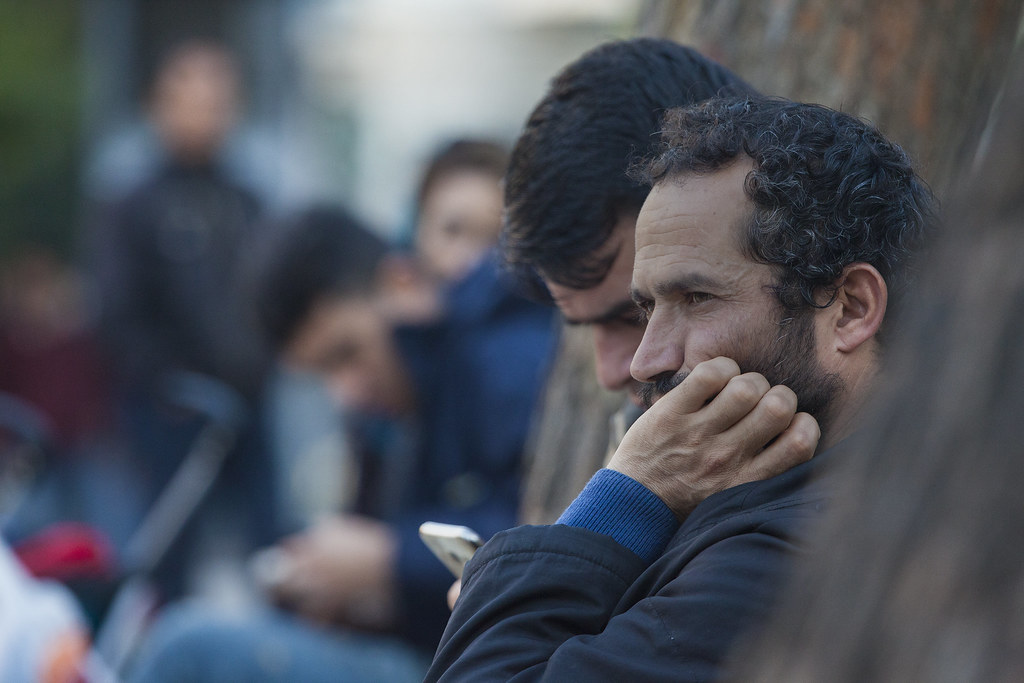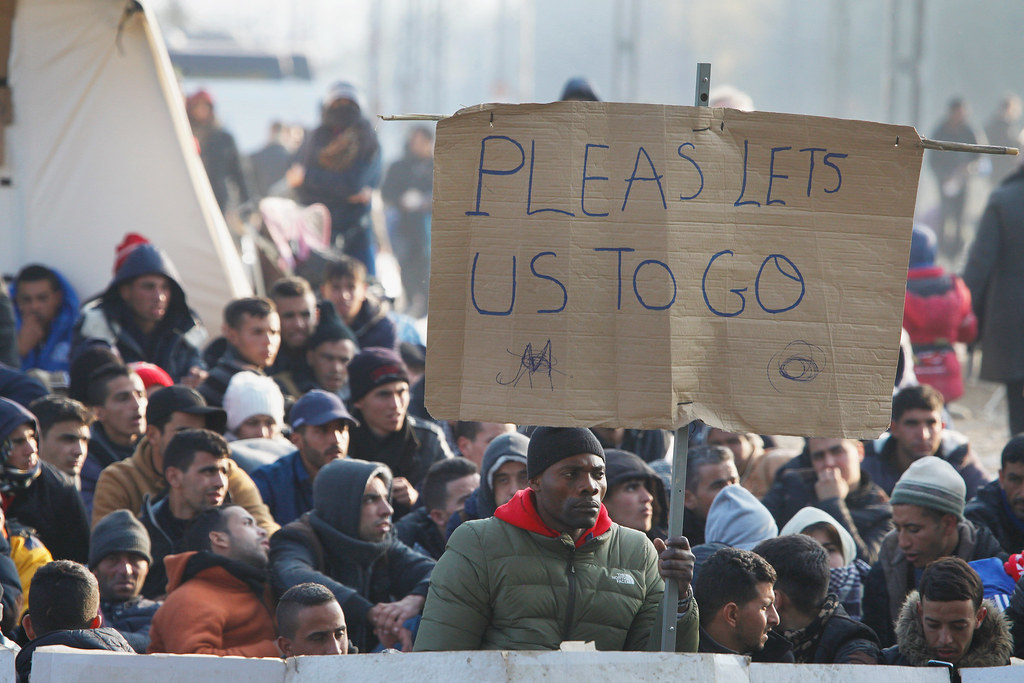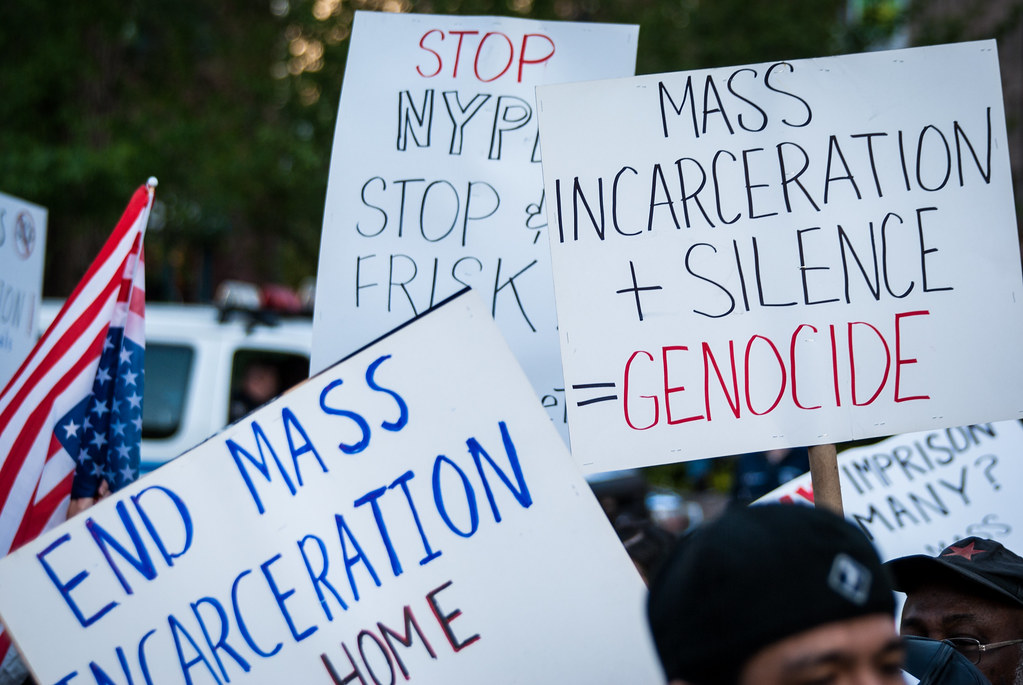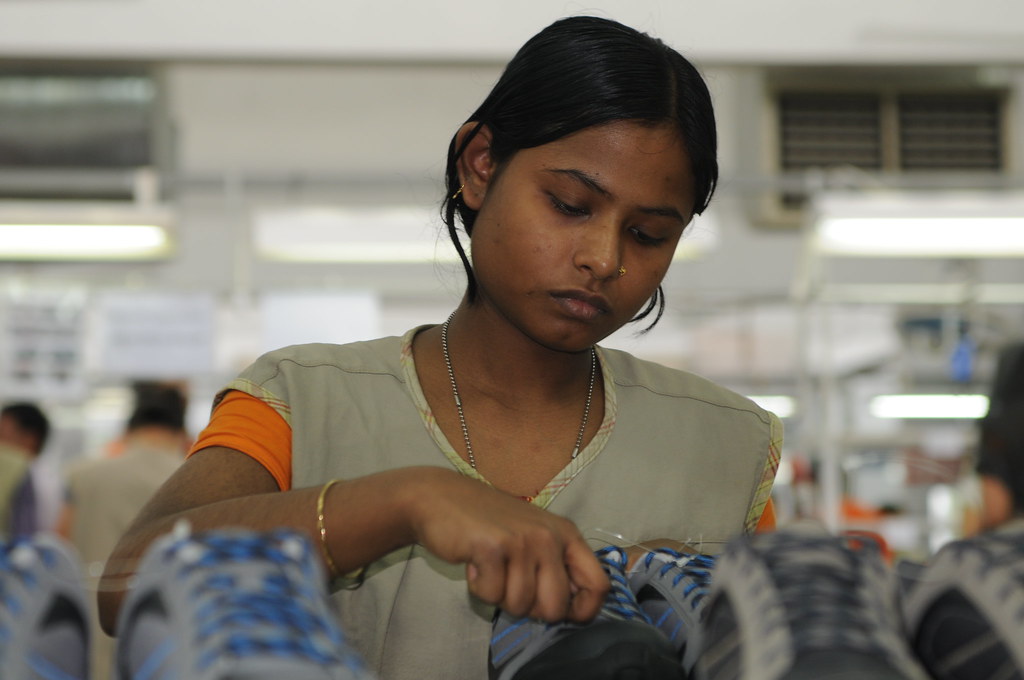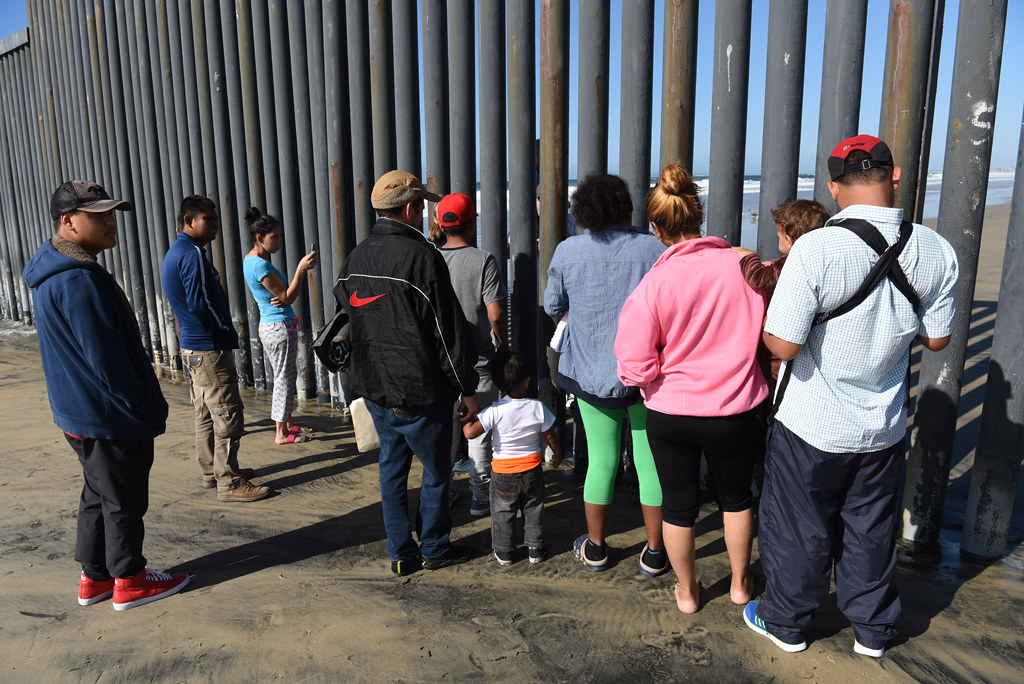
Fait Accompli: Singapore Again Upholds Section 377A Criminalising Homosexuality
Co-authored by guest contributors Paras Ahuja and Rahul Garg.
Paras Ahuja is an undergraduate student pursuing law at the National Law University, Jodhpur. Her research interests include human rights, constitutional law and feminism.
Rahul Garg is an undergraduate student pursuing law at the National Law University, Jodhpur. His research interests include gender studies, human rights and international humanitarian law.
On 30th March, 2020, the Supreme Court of the Republic of Singapore in Ong Ming Johnson v. Attorney-General upheld the constitutional validity of Section 377A of the Singapore Penal Code, 1871. Section 377A punishes any male person who commits an act of “gross indecency” with another male person, whether in public or in private. The judgement marks itself as a regressive touchpoint in Singapore’s progression towards inclusiveness and equality.
Article 14(1) (a) of the Constitution of Singapore guarantees every citizen the right to freedom of speech and expression. The petitioners in this case contended that Section 377A derogated this right by failing to recognize one’s...

